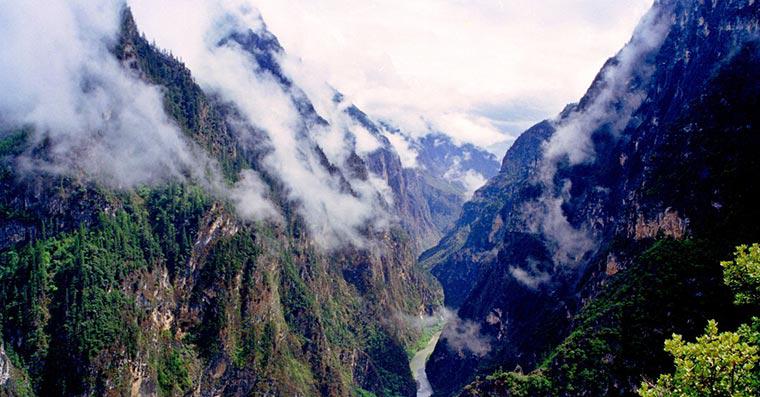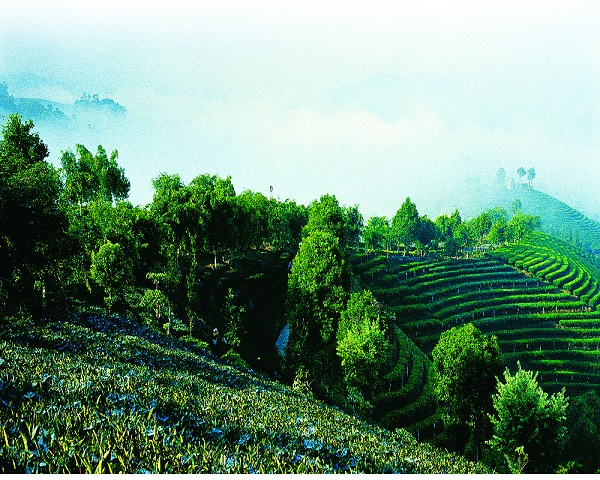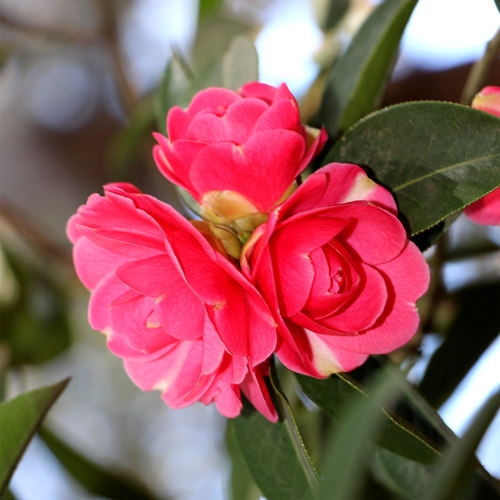
Introduction to Hongta District of Yuxi
Hongta District, located in Yuxi City, Yunnan Province, is the political, economic, and cultural center of the city. Known for its vibrant tobacco industry, historical significance, and scenic beauty, Hongta plays a crucial role in Yunnan’s development. The district is named after the famous Hongta Group, one of China’s largest tobacco companies, which has shaped both the economy and identity of the region. Here's a detailed introduction to Hongta District:
Geographical Location
Hongta District is situated in central Yuxi, about 90 kilometers south of Kunming, Yunnan’s provincial capital. Covering an area of around 1,000 square kilometers, the district is characterized by rolling hills, fertile valleys, and numerous water bodies, including the famous Fuxian Lake. The district enjoys a mild subtropical plateau climate, with warm summers, mild winters, and abundant rainfall, making it ideal for agriculture, especially tobacco cultivation.
History
Hongta District has a long and rich history that stretches back more than 1,000 years. The area was part of the ancient Dian Kingdom before being incorporated into the Chinese empire during the Han Dynasty. Throughout the centuries, Hongta has been a significant cultural and economic hub due to its strategic location along trade routes and its agricultural prosperity.
In more recent history, Hongta District gained national prominence with the development of Yuxi’s tobacco industry, particularly after the founding of the Yuxi Cigarette Factory in the 20th century. The growth of the tobacco industry led to rapid urbanization and industrialization, transforming the district into an economic powerhouse.
Economy
The economy of Hongta District is diverse, with a strong focus on industry, agriculture, and services:
Tobacco Industry: Hongta District is synonymous with the tobacco industry, thanks to the presence of the Hongta Group. The company is one of China’s leading tobacco producers and is known for its premium cigarette brands. The tobacco industry has historically been the backbone of the district’s economy, providing jobs and driving economic growth. Tobacco cultivation in the surrounding rural areas supplies the local factories, making it a key part of the local agricultural landscape.
Agriculture: In addition to tobacco, Hongta District has a strong agricultural base. The fertile lands and favorable climate support the cultivation of various crops, including rice, corn, and fruits. The district is also known for its tea production, with several tea plantations producing high-quality green and black teas. Aquaculture, particularly fish farming in nearby lakes and rivers, is another important aspect of the local economy.
Industry: Apart from the tobacco industry, Hongta District has diversified its industrial base in recent decades. Manufacturing, construction materials, electronics, and food processing are some of the key industries that have developed in the region. These industries contribute to the district’s robust economy and provide employment opportunities for its residents.
Tourism: Hongta District’s scenic landscapes, cultural heritage, and proximity to major tourist attractions like Fuxian Lake have made tourism an important sector of the local economy. The district attracts both domestic and international tourists who come to experience its natural beauty and historical sites.
Tourism and Attractions
Hongta District offers a variety of attractions, from its natural wonders to its historical and cultural landmarks:
Fuxian Lake: Fuxian Lake is one of the largest and deepest freshwater lakes in China, located just east of Hongta District. Known for its crystal-clear waters, the lake is a popular destination for boating, swimming, fishing, and water sports. The surrounding areas offer scenic hiking trails, making it a paradise for nature lovers. Fuxian Lake is also associated with ancient legends and has a rich cultural history, making it an interesting destination for both adventure and cultural tourism.
Xiushan Mountain Scenic Area: Xiushan Mountain, located within Hongta District, is a renowned scenic spot known for its lush greenery, historical temples, and panoramic views of Yuxi City and Fuxian Lake. The mountain is home to several Buddhist temples, including Xiushan Temple, which dates back to the Ming Dynasty. The area is a popular destination for hiking, religious pilgrimages, and enjoying the natural beauty of the region.
Nie Er Memorial Hall: The Nie Er Memorial Hall is dedicated to Nie Er, a famous composer born in Yuxi who composed China’s national anthem, the “March of the Volunteers.” The memorial hall showcases Nie Er’s life and contributions to Chinese music and culture. It’s an important cul



